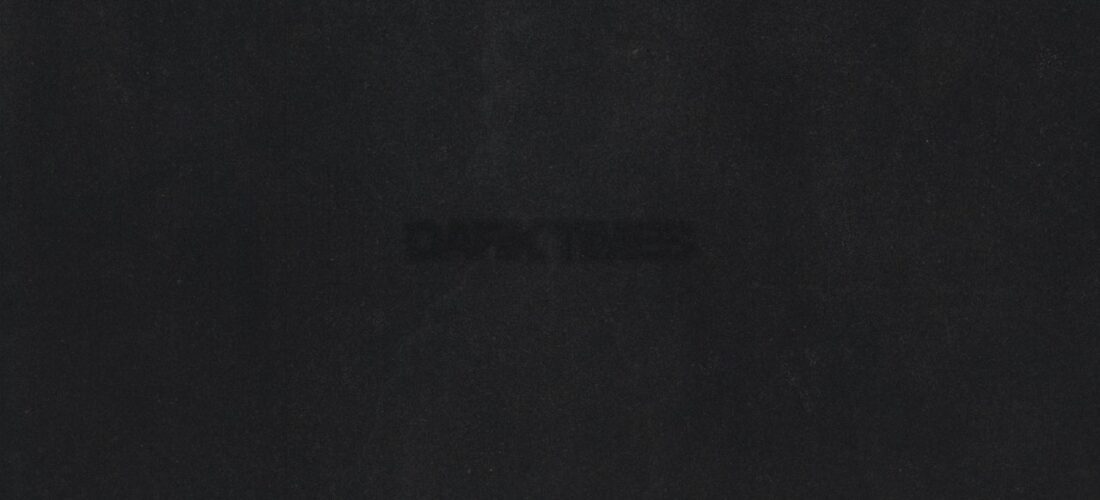Vince Staples is not the rapper you come to for lyrical acrobatics. His bars are stark, jumping between straightforward recountings of gang-related violence and bits of dry humor fit for a Mitch Hedberg set. Both also extend into his presence as one of the rap internet’s favorite talking heads; he can turn an explanation of why he doesn’t share his home address with his closest friends into a hilarious exchange—until you stop to think about what exactly makes him so guarded. This candor helps his stories, jokes, and his recent Coen Brothers-indebted Netflix series, The Vince Staples Show, stick to the ribs.
Looking back, Dark Times feels like a logical progression from his last few projects. During the press run for 2022’s Ramona Park Broke My Heart, Staples admitted he was ready to move on from making “an anthology of my neighborhood and my past,” a promise he frequently bends to suit his needs. Dark Times has plenty of trauma, but the difference is it more directly intersects with his present life as a celebrity trying to stay out of the way. “Children’s Song” hangs a lantern on this idea early by starting as a rallying cry for a friend who’s locked up before offering a cold reality check: “Niggas be like ‘Aye bro, ‘member back when?/Let it go, loc/I’m way too rich to be your friend/I’m way too lit to let you dim me,” he says in his trademark deadpan. That couplet is even more cutting when this hook follows just two bars later: “Don’t play with my Crippin’, go play with your kids, bitch.” He’s having his cake and eating it in the most Vince Staples way imaginable.
Staples’ monotone voice used to dilute his more intense songs, but now he just sounds tired of having to read everything and everyone for an angle. After mapping out hip-hop toxicity over EDM and techno beats (made specifically for sync licensing) on Big Fish Theory and memorializing the California of his youth on his 2021 self-titled album and Ramona Park, who wouldn’t be? His insouciance still leads to great stories and affirmations of Black resilience, but what once registered as body blows now lands like a firm but loving grasp on the shoulder from an older relative.
“Justin” slowly builds romantic tension up to its bombshell ending—the woman Staples is courting suddenly introduces him to her actual boyfriend as her little cousin—and then discards it with a shrug, like Staples is mad at himself for getting caught up. Other highlights like “Étouffée” and “‘Radio’” recast old encounters and family history as edifying parables for a stolen youth. On the former, Staples’ connections to Louisiana inspire him to chart a path from toting guns in Polo pajamas to a place where it’s a privilege to be told your music fell off. Later, “‘Radio’” draws bridges between chance encounters with music, from having his life changed after hearing Blu & Exile’s Below The Heavens to appreciating Brandy and Roberta Flack more after a bad breakup. Using his still-blistering concision, these lessons flesh out aspects of Staples’ notoriously private life and give credence to motivational pieces like “Little Homies” and the opening verse for “Freeman.” It’s easier to take Staples’ advice (“You don’t gotta crash out for the set, lil homie/Keep your head on the swivel when you step”) and longing (“I’ll never find a equal mind, I’ll settle for the fattest ass”) seriously when he’s laid out the steps he took to get there.
